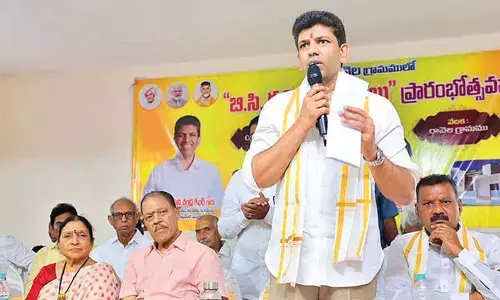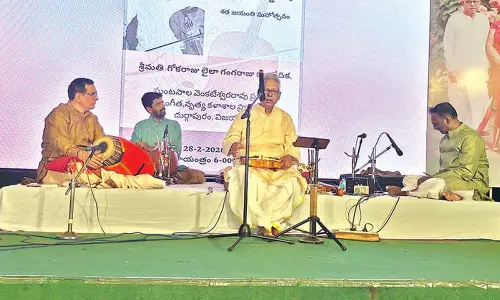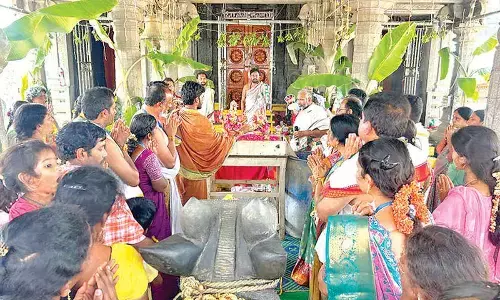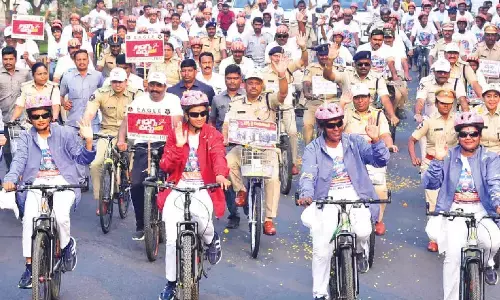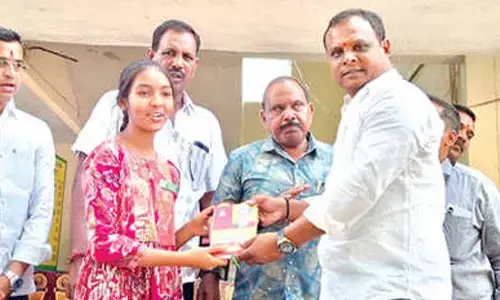Amaravati: High Courts in Telugu States working with half of total strength
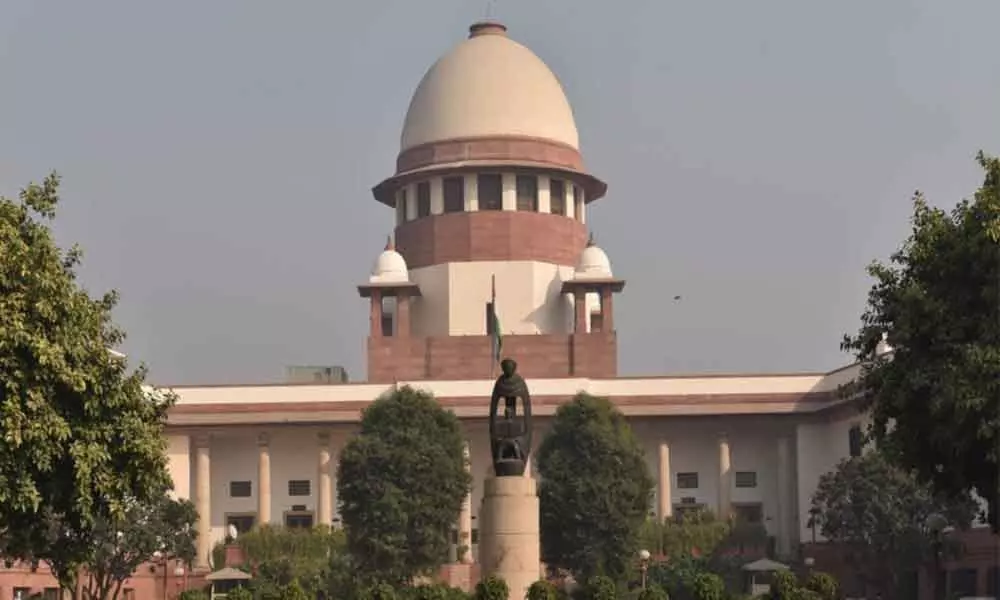
According to a reply given by Minister of Law and Justice Ravi Shankar Prasad to a question in Lok Sabha, there are 22 vacancies in AP High Court and 11 in Telangana HC
Amaravati: Large number of vacancies of judges in the High Courts has been hampering the administration of justice. According to a statement by Minister for law and justice Ravi Shankar Prasad in Parliament, more than half of the sanctioned vacancies have to be filled in Andhra Pradesh and Telangana. Barring the Supreme Court and the High Court of Sikkim, all other 24 high courts in the country have inadequate strength.
Reacting to a question raised by JD(U) member Vijay Kumar from Bihar on Wednesday, Ravi Shankar Prasad revealed that out of the total 1,079 sanctioned strength of judges in the high courts, only 661 vacancies were filled and it is the working strength at present as on date. For instance, the sanctioned strength of the judges in the AP High Court is 37, but the working strength is just 15, which means 22 vacancies are there. Even in the case of Telangana, only 13 judges are working in the High Court as against the total sanctioned strength of 24 with 11 vacancies. In both the Telugu states, 33 judges are needed to be appointed, the Union minister said.
Ravi Shankar Prasad further explained that the appointment of judges of the Supreme Court and high courts was made under Articles 124, 217 and 224 of the Constitution respectively which do not provide for reservation for any caste or class of persons. Hence, no class or category-wise data is maintained Centrally, he said reacting to the query of Vijay Kumar on the number of judges in the Supreme Court and the high courts caste-wise. However, the Union minister maintained that the government had been requesting the Chief Justices of the high courts that while sending proposals for appointment of judges, due consideration be given to suitable candidates belonging to Scheduled Castes, Scheduled Tribes, Other Backward Classes, Minorities and Women to ensure social diversity in appointment of Judges in High Courts.


